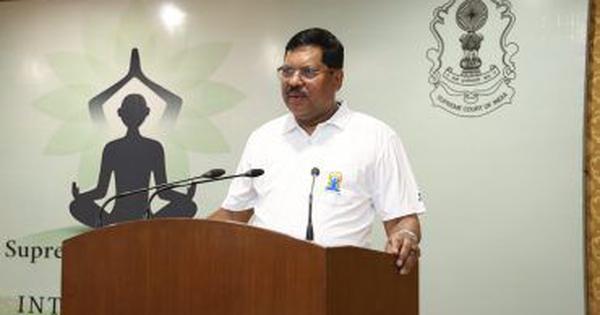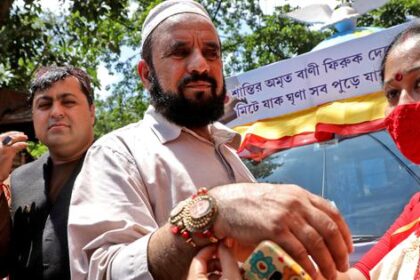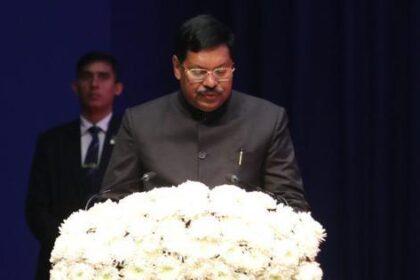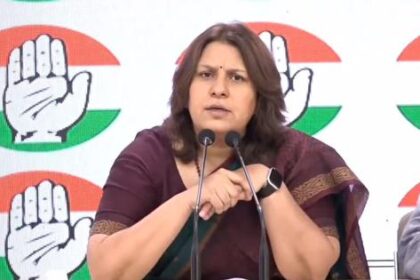Civil rights organizations emphasize the implications of the attack on Chief Justice Gavai for marginalized communities.
Recent events surrounding Chief Justice BR Gavai have sparked significant concern among civil rights organizations, which have condemned an attempted attack on him as a profound threat to constitutional morality and social harmony. During a press conference held at the Press Club in Hyderabad, three organizations—the Civil Rights Initiative Internationale, Samooha Secular Writers Forum, and the National Justice Political Front-India—described the incident as a national shame. The incident involved a lawyer, Rakesh Kishore, who allegedly attempted to throw a shoe at Gavai, an act that these groups assert reflects a troubling rise in religious extremism in India.
The Samooha Secular Writers Forum characterized the attack as emblematic of “manuvadi extremism,” referencing the Manusmriti, a Hindu legal text criticized for its caste and gender biases. Babu Rao, a police officer and the national president of Civil Rights Initiative Internationale, raised concerns about the broader implications of targeting Gavai, who is only the third Dalit to hold the position of Chief Justice in India. Rao emphasized that if a high-ranking official like the Chief Justice is targeted based on caste, it poses a risk to the safety of all marginalized citizens.
Rao further called for the inclusion of charges under the Scheduled Castes and Scheduled Tribes Prevention of Atrocities Act in the case against Kishore, highlighting the seriousness of the attack. He stated, “India must not be built on the foundation of fanaticism,” urging a return to Dr. B.R. Ambedkar’s vision of democracy, fraternity, and justice, and asserting that casteism and communalism have no place in contemporary India.
In contrast, Chief Justice Gavai described the attempted attack as a “forgotten chapter,” downplaying its impact. He remarked on the shock he and his fellow judges felt regarding the incident but reiterated that it was now behind them. Justice Ujjal Bhuyan, who served on the same bench as Gavai, echoed this sentiment, emphasizing that the event should not be taken lightly and labeling it an affront to the judicial institution.
The altercation occurred when Kishore allegedly attempted to throw a shoe at Gavai while accusing him of insulting Hinduism. Kishore claimed that his actions were a response to Gavai’s dismissal of a plea regarding the restoration of a beheaded idol of the Hindu deity Vishnu in Madhya Pradesh. Gavai had reportedly advised the petitioner to seek assistance directly from the deity, which Kishore interpreted as disrespectful. Following the incident, Kishore expressed his feelings of hurt regarding Gavai’s comments made during a visit to Mauritius, where the Chief Justice stated that the Supreme Court’s rulings were grounded in the rule of law rather than arbitrary actions.
As this situation unfolds, it raises critical questions about the intersection of law, caste, and societal values in India, calling into focus the ongoing challenges faced by marginalized communities in the context of constitutional rights and social justice.








